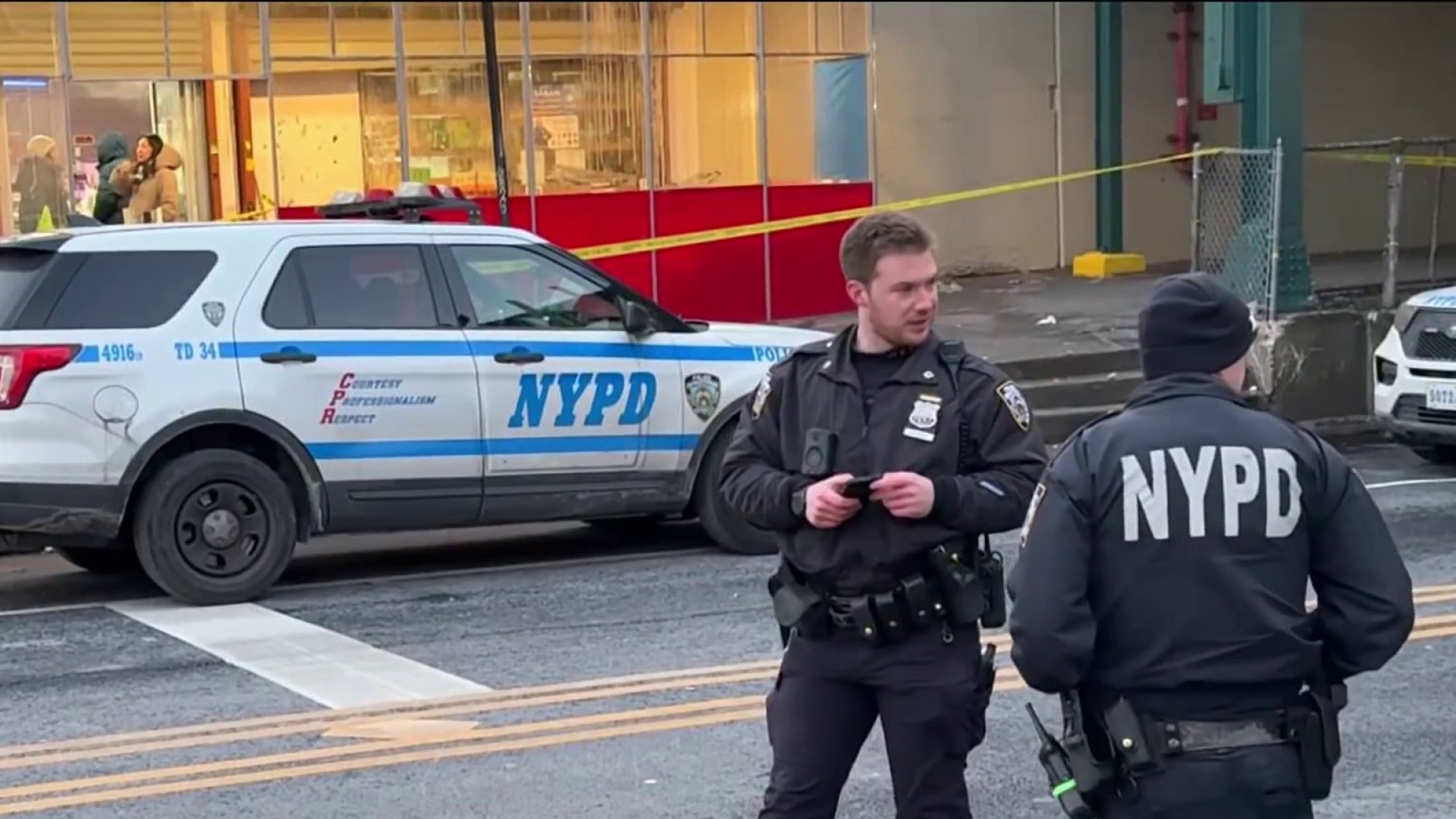Following the Obama administration's announcement that it would significantly loosen travel restrictions to Cuba starting Friday, United Airlines announced it plans to offer flights to the communist island out of Newark Liberty International Airport.
"We plan to serve Cuba, subject to government approvals, and look forward to doing so from our global gateways of Newark and Houston," a spokesman for the airline said Thursday.
The new rules also allow more American trade and investment in Cuba and U.S. citizens to start bringing home small amounts of Cuban cigars after more than a half-century ban.
Thursday's announcement of new Treasury and Commerce Department regulations are the next step in President Barack Obama's ambitious goal of re-establishing diplomatic relations with the government of Cuban President Raul Castro, Fidel's younger brother. They come three days after U.S. officials confirmed the release of 53 political prisoners Cuba had promised to free.
"Today, the U.S. Departments of the Treasury and Commerce took a significant step forward in delivering on the President’s new direction by publishing regulatory amendments to existing Cuba sanctions," The White House said in a statement. "These changes will immediately enable the American people to provide more resources to empower the Cuban population to become less dependent upon the state-driven economy, and help facilitate our growing relationship with the Cuban people."
Only Congress can end the five-decade embargo. But the measures give permission for Americans to use credit cards in Cuba and U.S. companies to export telephone, computer and Internet technologies. Investments in some small business are permitted. General tourist travel is still prohibited, but Americans authorized to visit Cuba need no longer apply for special licenses.
Obama vowed to soften the embargo last month and begin restoring diplomatic ties with Havana, saying "these 50 years have shown that isolation has not worked." The deal was the product of 18 months of secret talks that culminated in the exchange of imprisoned spies and release of Alan Gross, a U.S. government contractor who had been imprisoned in Cuba for five years.
The sudden rapprochement between Cold War foes has divided U.S. lawmakers across party lines and interests. Among Republicans and Democrats in Congress, Cuban-Americans such as Sens. Marco Rubio of Florida and Bob Menendez of New Jersey have been particularly vocal in opposition.
Local
Rubio released a statement Thursday saying the new regulations will only help the Castro regime.
"This is a windfall for the Castro regime that will be used to fund its repression against Cubans, as well as its activities against U.S. national interests in Latin America and beyond," Rubio said in a statement. "Given existing U.S. laws about our Cuba policy, this slew of regulations leave at least one major question President Obama and his administration have failed to answer so far: what legal authority does he have to enrich the Castro regime in these ways?"
But some pro-business types have welcomed the opportunity to open up a new export market in a country so close to American shores. The head of the U.S. Chamber of Commerce, for example, said Wednesday it was better for the U.S. to sell computers, smartphones and cars to Cuba than to cede such business to countries like Russia and China. Still, the embargo as a whole appears unlikely to fall anytime soon.
Starting Friday, U.S. companies will be able to export mobile phones, televisions, memory devices, recording devices, computers and software to a country with notoriously poor Internet and telecommunications infrastructure. The goal is to "contribute to the ability of the Cuban people to communicate with people within Cuba, in the United States, and the rest of the world," according to a Treasury Department fact sheet. Internet-based communications will fall under a general license.
Americans permitted to travel to Cuba for family visits, official U.S. government business, journalism, research, education, religious activity and other reasons fall under a U.S. general license and don't need to apply for a separate license. A limit on remittance payments to family members in Cuba will be raised to $8,000 per year, from $2,000 per year. Americans visiting Cuba will be allowed to bring home $100 in alcohol and tobacco products, and $400 in total goods.
The U.S. is now "one step closer to replacing out of date policies that were not working and puts in place a policy that helps promote political and economic freedom for the Cuban people," Treasury Secretary Jacob Lew said Thursday.
Other changes include:
—No more limits on how much money Americans spend in Cuba each day or what they spend it on.
—Permissible use of U.S. credit and debit cards.
—Travel agents and airlines can fly to Cuba without a special license.
—Insurance companies can provide coverage for health, life and travel insurance policies for individuals residing in or visiting Cuba.
—Financial institutions may open accounts at Cuban banks to facilitate authorized transactions.
—Investments can be made in some small businesses and agricultural operations.
—Companies may ship building materials and equipment to private Cuban companies to renovate private buildings.
The U.S. and Cuba are scheduled to hold migration talks in Havana next week, the next step in their normalization process. Leading the American delegation is Roberta Jacobson, the top U.S. diplomat for Latin America. Her visit marks the highest-level trip to Cuba by a U.S. official since 1980.
Further down the road, Washington envisions reopening the U.S. Embassy in Havana and carrying out high-level exchanges and visits between the governments. Secretary of State John Kerry could travel to the island later this year.



